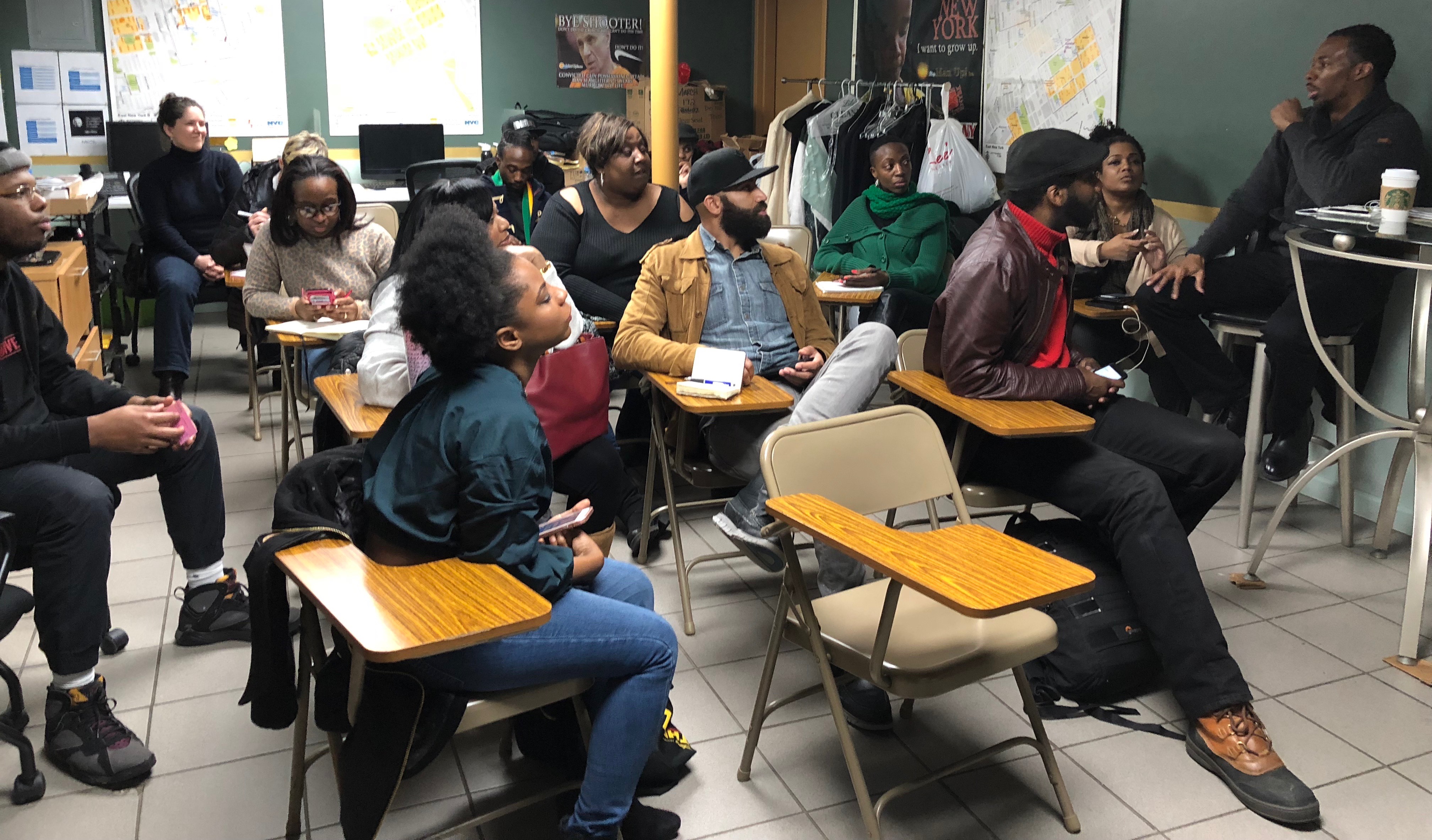
We are building a hyper-local , for -proft TV 'station' in Brooklyn. I think it is a model that can be replicated in many other places.
First, this is a model that is completely different from the architecture of conventional TV statoins and news in almost every way. We are able to do this becuase of the nexus of two revolutionary technologies - smartphones and the Internet.
The Internet because we now have a broadcast platform without the need for cable or a broadcast license. Internet because the platform is non-linear, and so we have the added advantage of the 'long tail'. The more content we add, the richer the space becomes. Nothing ever goes away and EVERYTHING is welcome. This is important. Think of this as locally produced Netflix.
The advent of the smartphone and iPhone means that everyone in the community (or many people) already have in their posession a broadcast quality camera and an edit system -as well as the ability to add graphics, music and live stream.
The key to success is training. You MUST properly train the community. The second key to success is unleashing the community. If you end up making a simulacrum of The BBC or CNN you have failed. You must have the courage to let the content go where it wants to go, not where you want to take it.
The content is NOT solely about news. There is, frankly, no money in news and it has no shelf-life. The content is about what the community wants it to be about. The community will tell you what it wants. And, as it is non-linear, there is plenty of room for everything, from local news to sports, to music, to dance, to arts, to talk, to personal problems to love life to live weddings. Who cares?
Now, how to make it profitable.
First, you must cut the overhead and cost of production to the bare bones. In Brooklyn, we are 'broadcasting' live from a local coffee shop. The coffee and cakes cover the rent. It's an open door policy. Anyone can come it. No secret or closed 'studios'. This is the community center and it's live all the time. Bring in your issues and opinions. We also train there. Anyone who wants to get trained can - but you have to be 'certified' to get on the air.
We have no 'offices'. We have no formal 'staff'. We have no HR department, no producers, no vice presidents, no managers. No nothing. By keeping the overhead to the bare minimum, we also keep the costs to the bare minimum. This is essential/
Revenue is created be creating and selling video ads or spots. The same phone that makes the content also makes comemrcials. We train locals to shoot and produce commercial spots from local merchants, restaurants, services. The same people who make the spots also sell them. It's a one man band ad sales and advertising dept. You sell the spot, you make the spot and you take 50% of the payments. It's a business for the community members. The other 50% goes to the network.
This works, but it only works as a whole. It is a completely organic system. Everyone gets to partiicpate. It is the total democratization of television and video. It's like Facebook about, without Mark Zuckerberg. The community owns the business. It is TV of the commuity, by the community and for the community.


